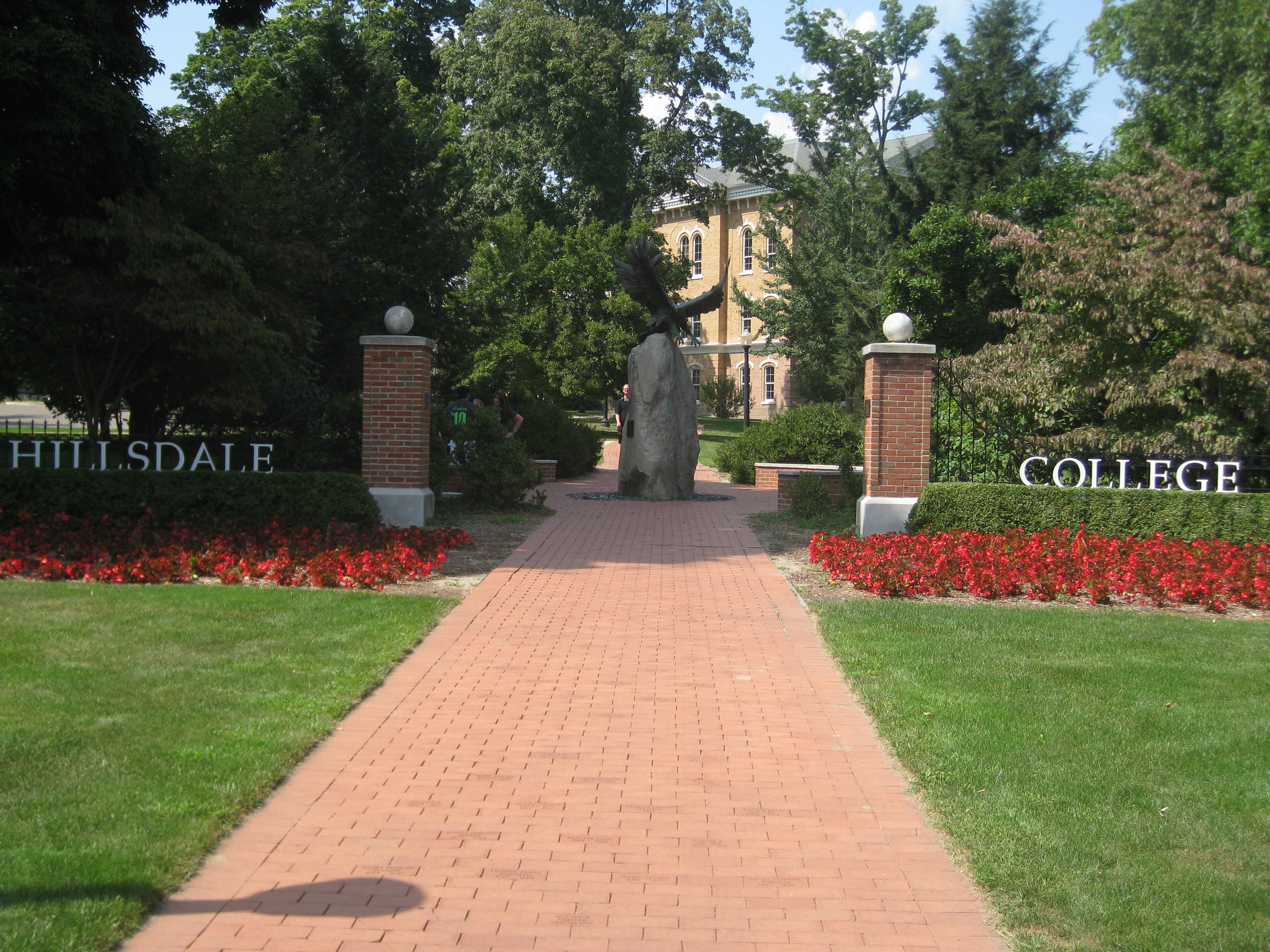Harvard University has produced a report claiming that the nation's oldest institution of higher education was shaped by slavery, and pledging to spend $100 million to redress its historical guilt (and impose it on future generations).
This is worse than nonsense; it's propaganda, and designed to prevent debate. My problem with Harvard's approach to this issue since 2016 has been that it ignores or downplays the fact that the institution was a mainstay of the abolitionist movement in the 19th century, and that hundreds of Harvard men volunteered to fight for the Union. Many died in that cause, and the most prominent building on campus is devoted to honoring their sacrifice.
One would think the sacrifice of hundreds of men would atone for whatever culpability the institution has in slavery. There are more Harvard dead (117) than slaves (70) -- and those slaves were owned over nearly 150 years. None were owned directly by the university. And whatever money was donated by slave owners was donated under the laws of the time. To say Harvard was shaped by slavery is merely to say that it was founded in 17th century America.
This is what happens when an institution goes "woke": it denies the morality of its own existence, the better to serve contemporary political imperatives. But let's take Harvard at its word, just as the Trump administration took Princeton at its word when it declared itself guilty of racism: cut off the funding. Why give to an institution that is a legacy of slavery? Better to support a place like Hillsdale College, which opposed slavery from its founding in 1844.
https://thefederalist.com/2020/06/18/hillsdale-college-refuses-to-bow-to-the-totalitarian-mob/
This week’s portion launches the great story of Abraham, who is told to leave everything of his life behind — except his immediate family — and to leave for “the Land that I shall show you.”
There’s something interesting in the fact that Abraham is told to leave his father’s house, as if breaking away from his father’s life — but his father, in fact, began the journey, moving from Ur to Haran (in last week’s portion). His father set a positive example — why should Abraham leave him?
Some obvious answers suggest themselves — adulthood, needing to make one’s own choices, his father not going far enough, etc.
But I think there is another answer. Abraham (known for the moment as Abram) needs to establish his own household. This is not just about making one’s own choice, but really about choosing one’s own starting point. It’s starting over.
Sometimes we start over in fundamental ways even if much that surrounds us remains the same. Sometimes the journey we have to ...
The story of Noah is familiar; the details, less so.
Noah is often seen as an ambivalent figure. He was righteous -- but only for his generation. What was his deficiency?
One answer suggests itself: knowing that the world was about to be flooded, he built an Ark for the animals and for his own family -- but did not try to save anyone else or to convince them to repent and change their ways (the prophet Jonah, later, would share that reluctance).
Abraham, later, would set himself apart by arguing with God -- with the Lord Himself! -- against the destruction of Sodom and Gomorrah, saying that they should be saved if there were enough righteous people to be found (there were not).
Still, Noah was good enough -- and sometimes, that really is sufficient to save the world. We don't need heroes every time -- just ordinary decency.
Hi all -- as I noted last month, I'm going to be closing down my Locals page, at least for tips and subscriptions -- I may keep the page up and the posts as well, but I'm no longer going to be accepting any kind of payment.
Look for cancelation in the very near future. Thank you for your support!













